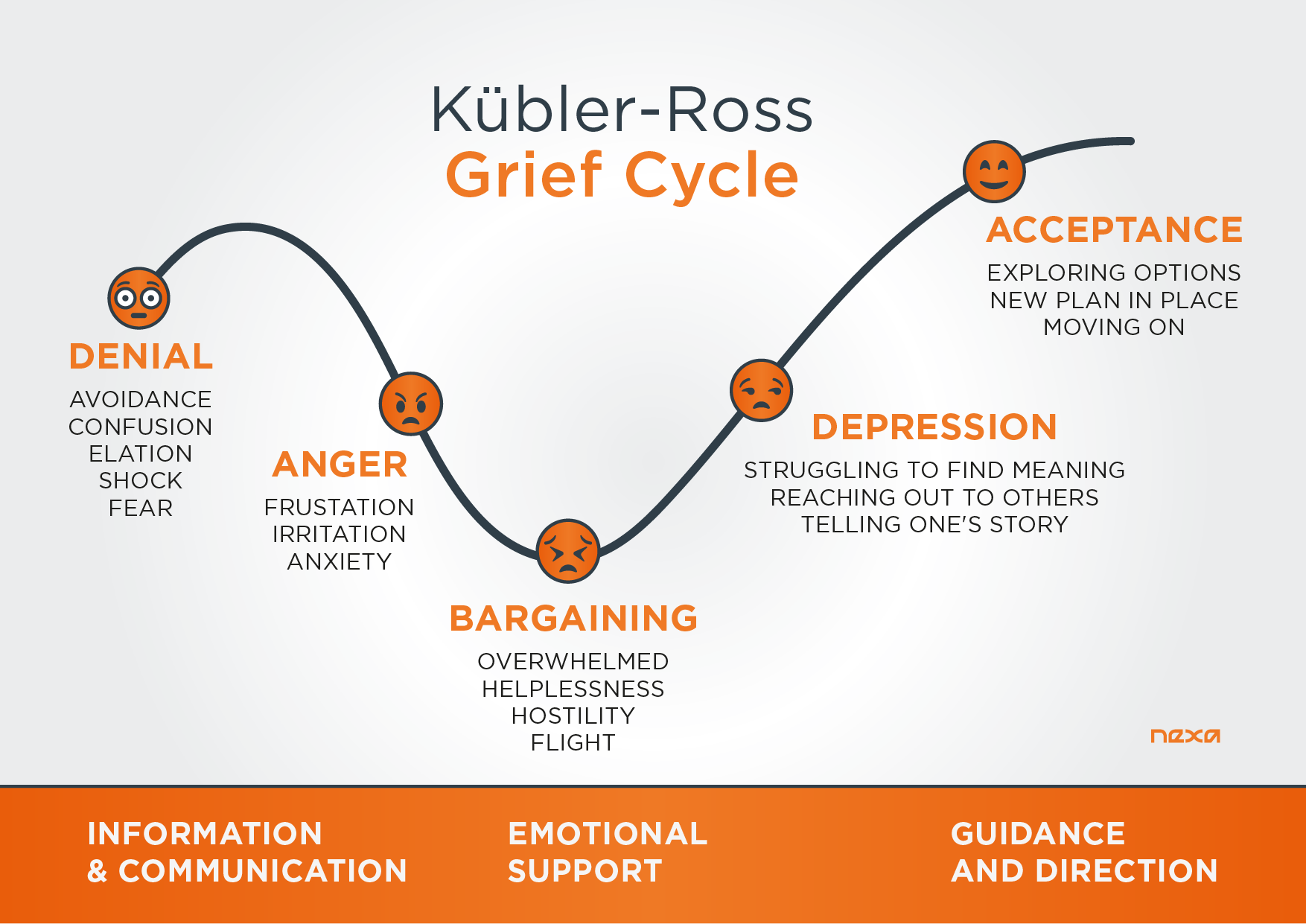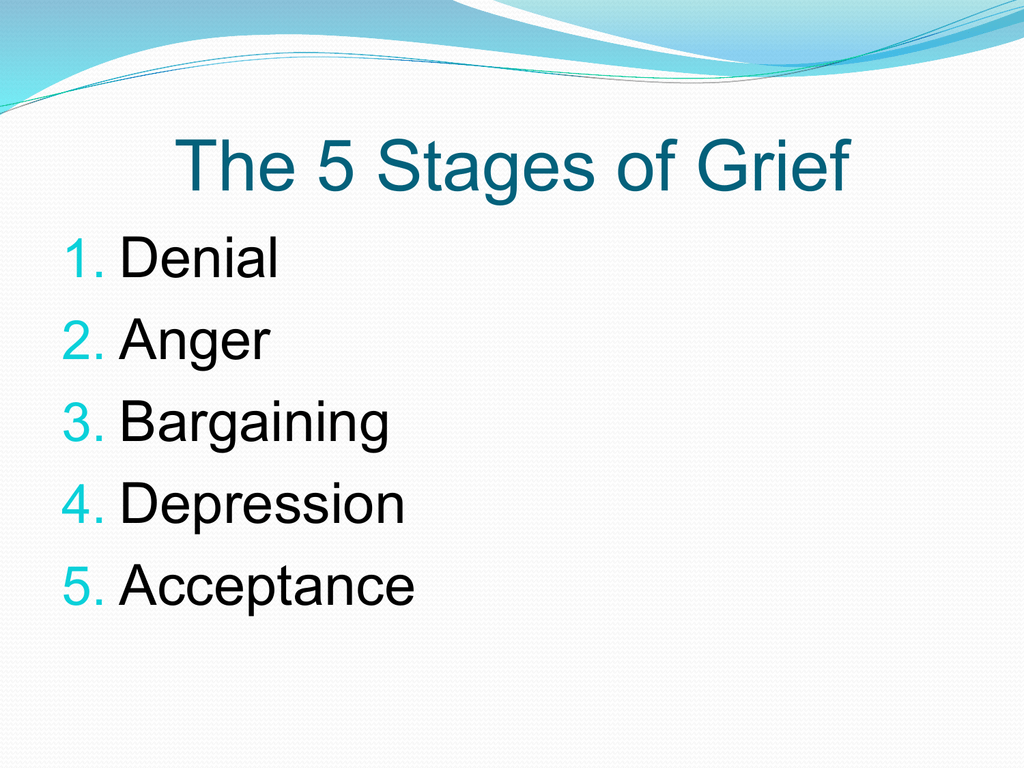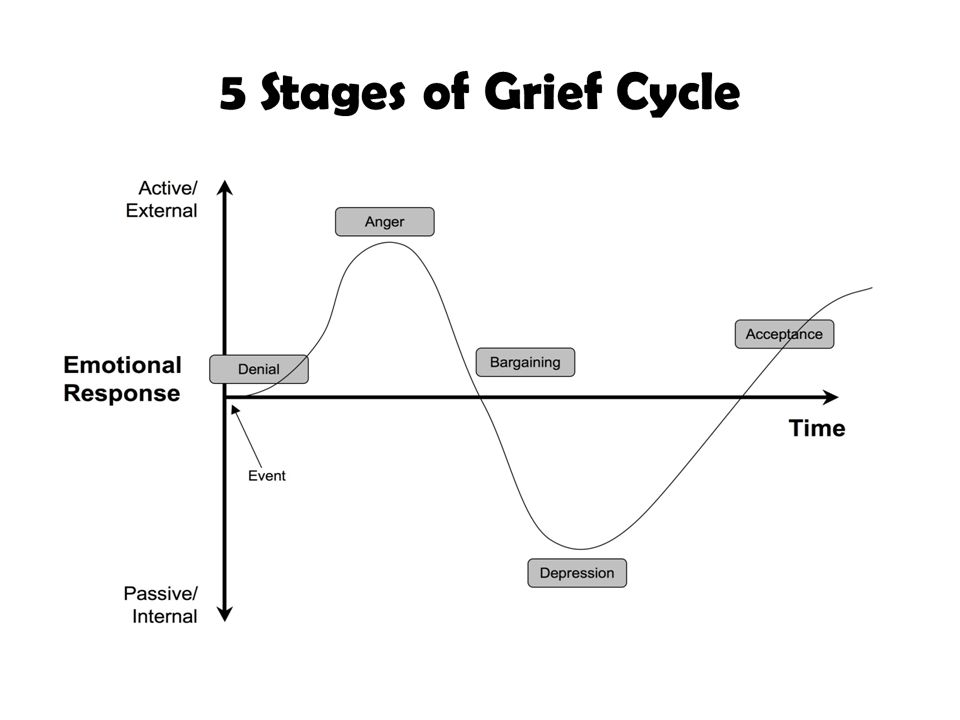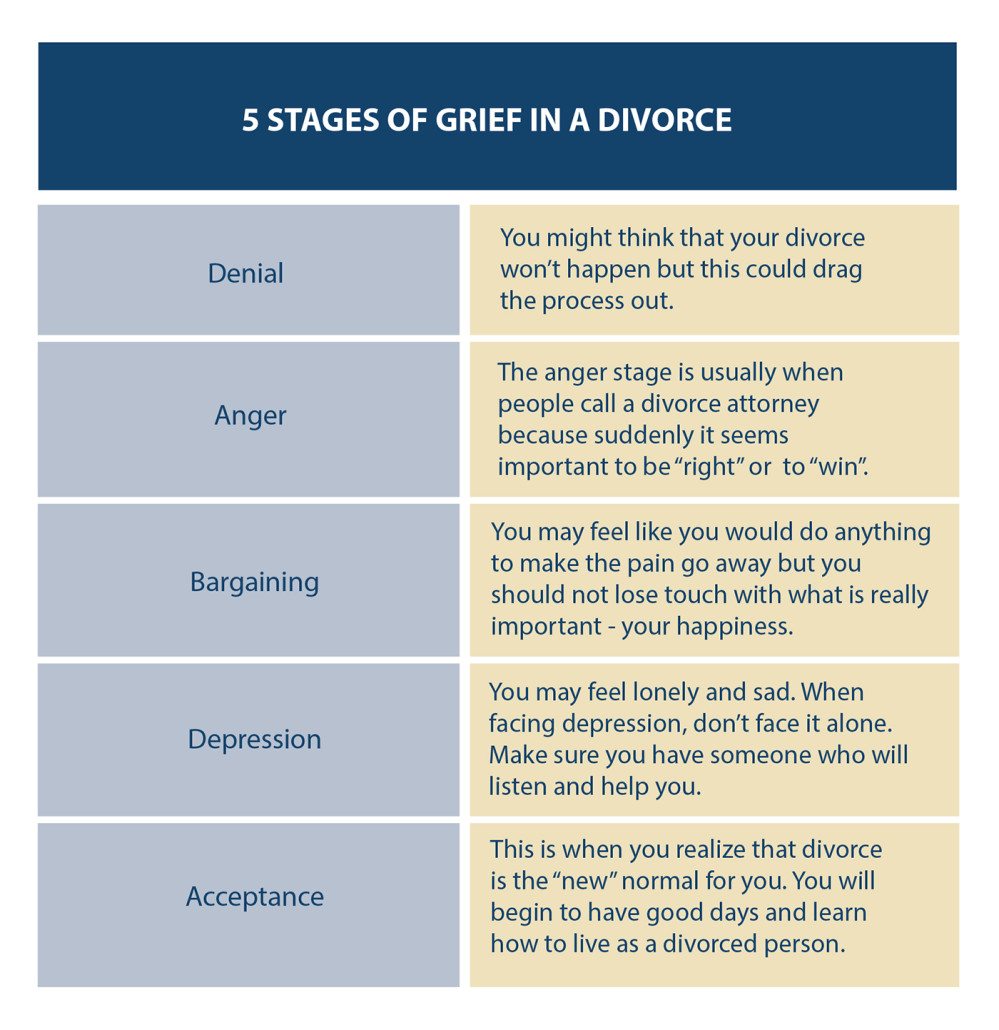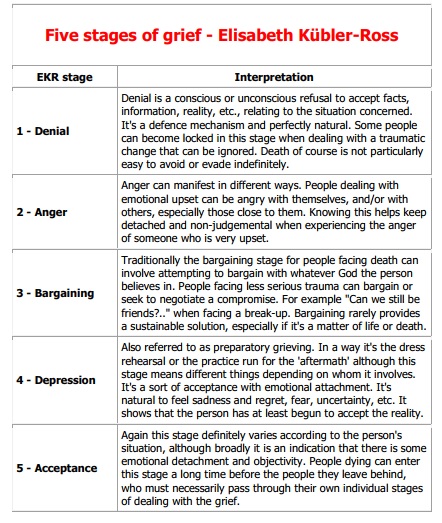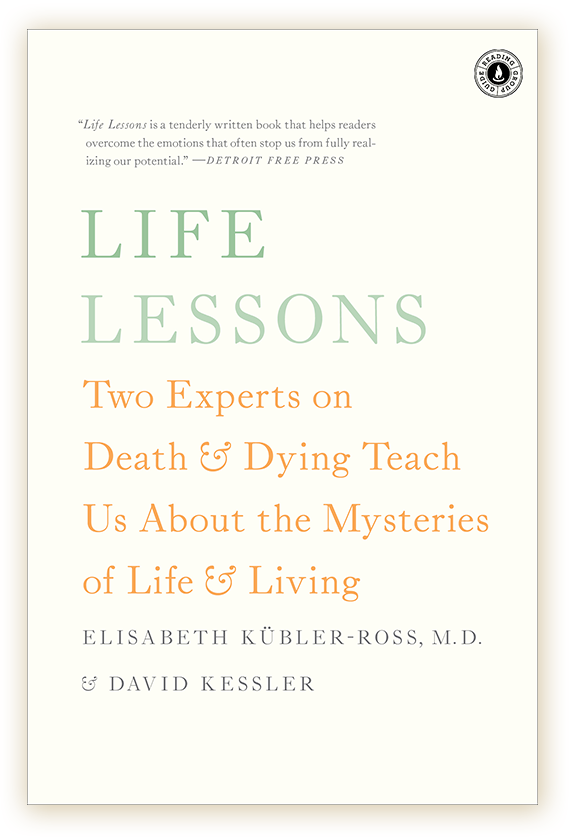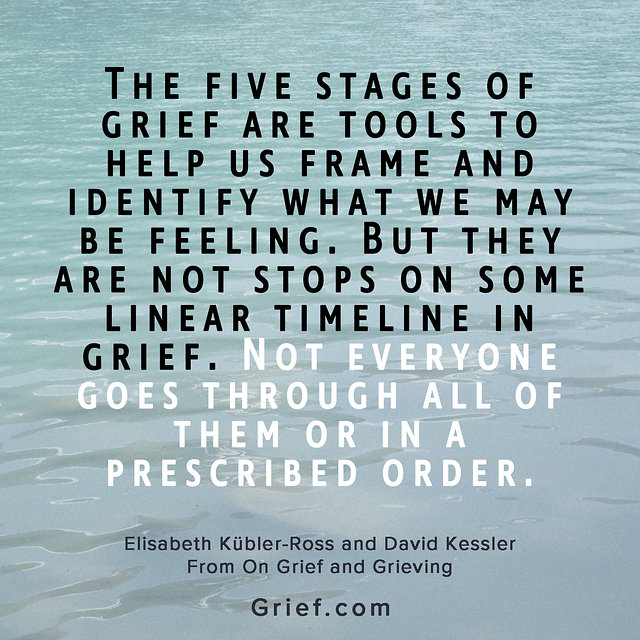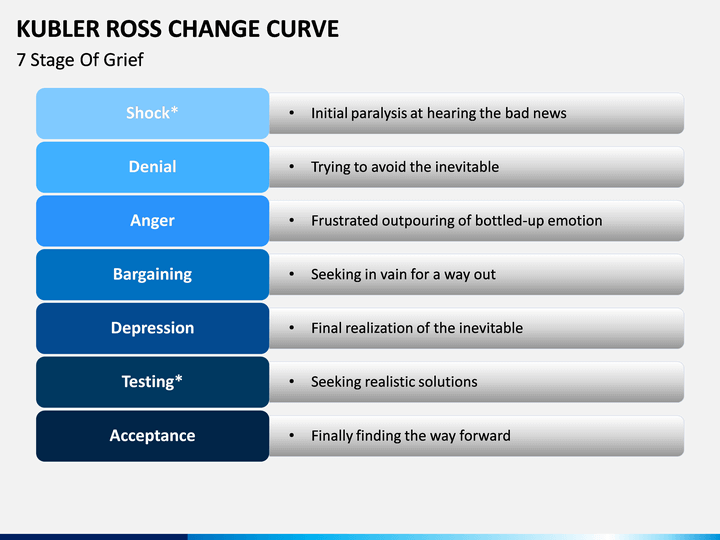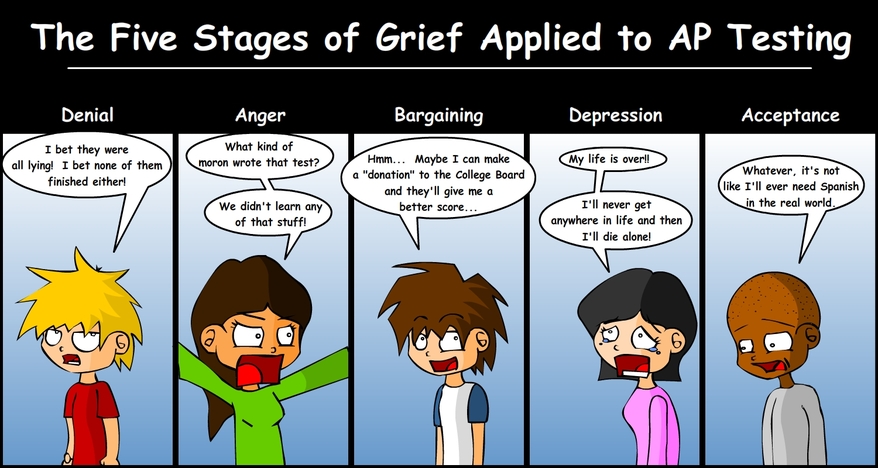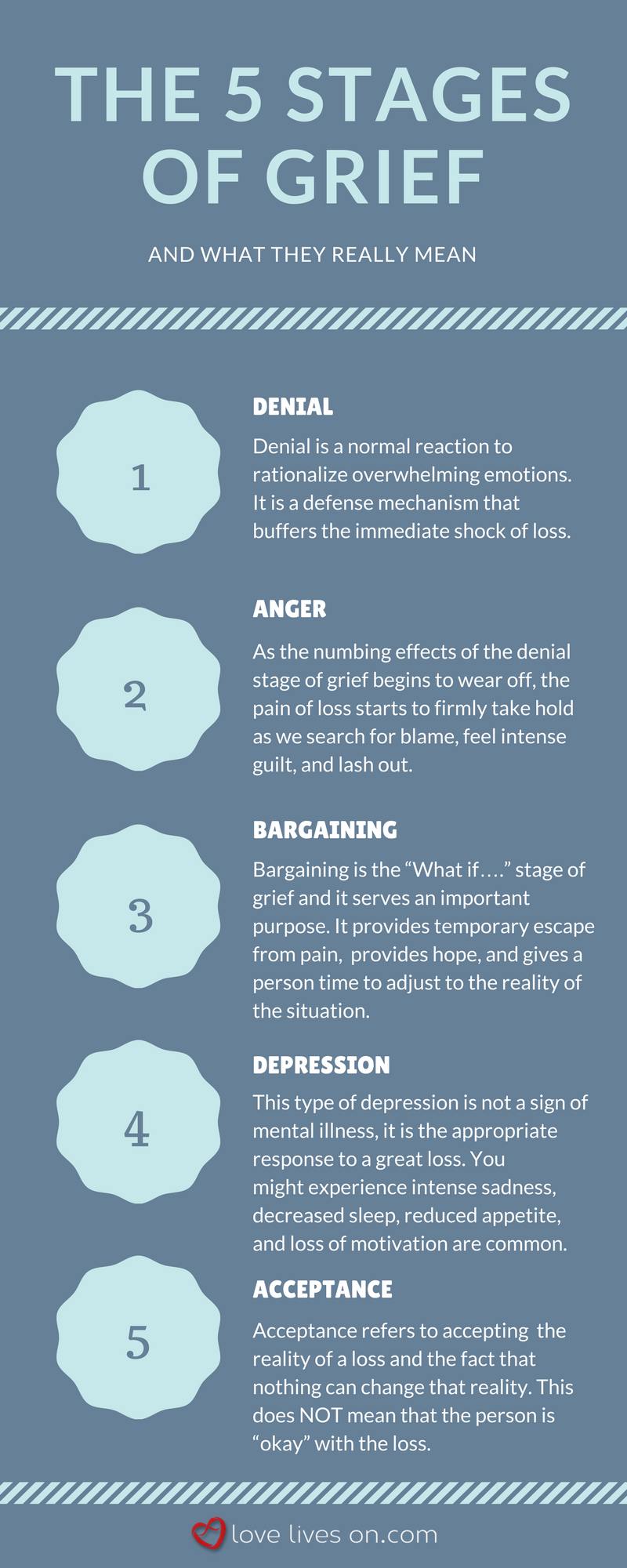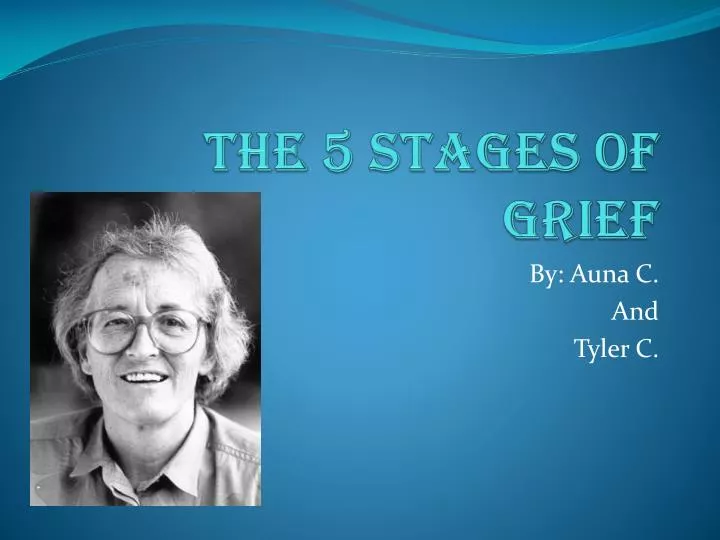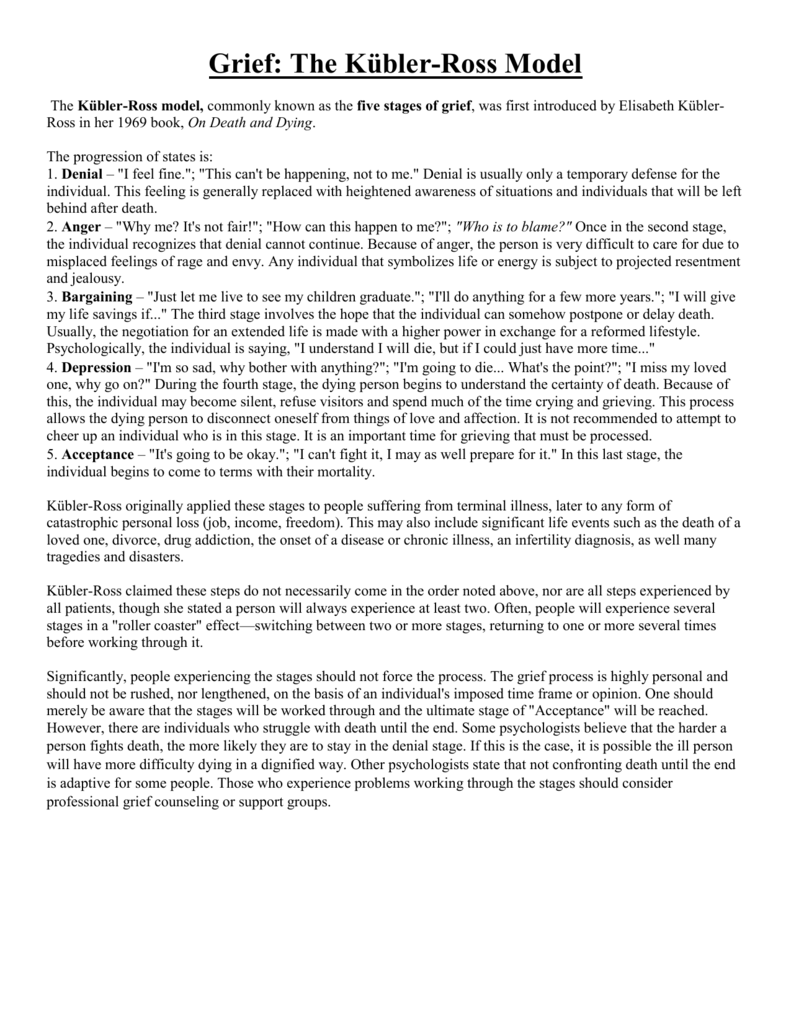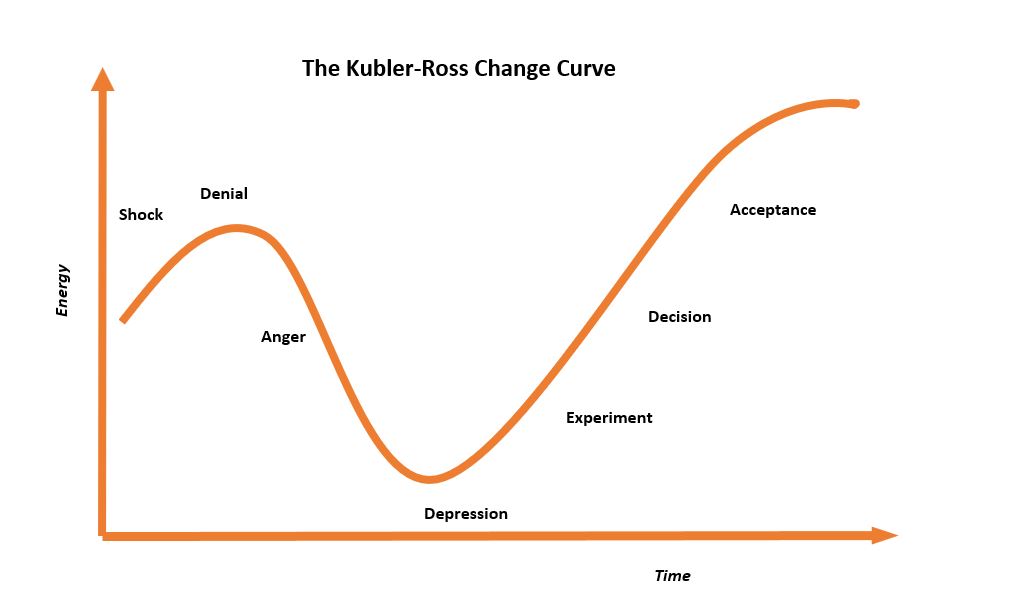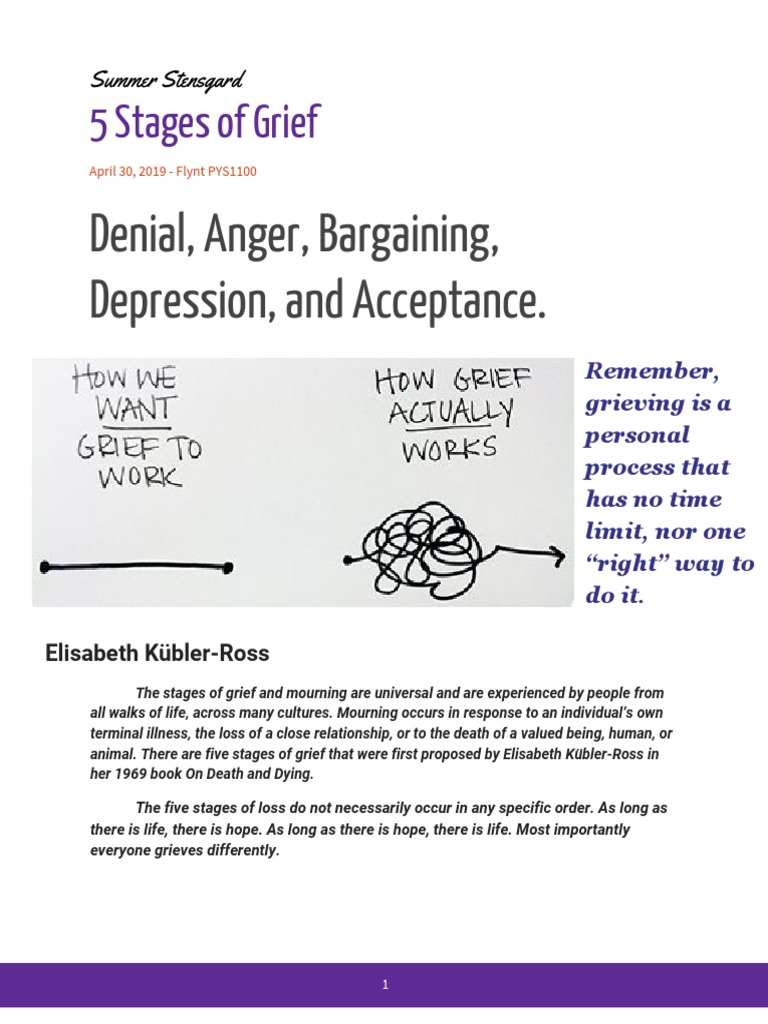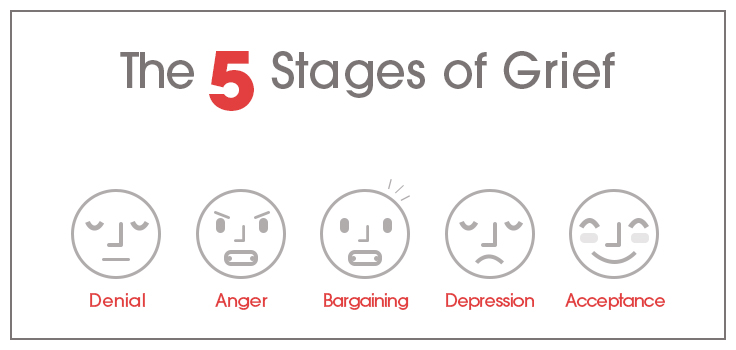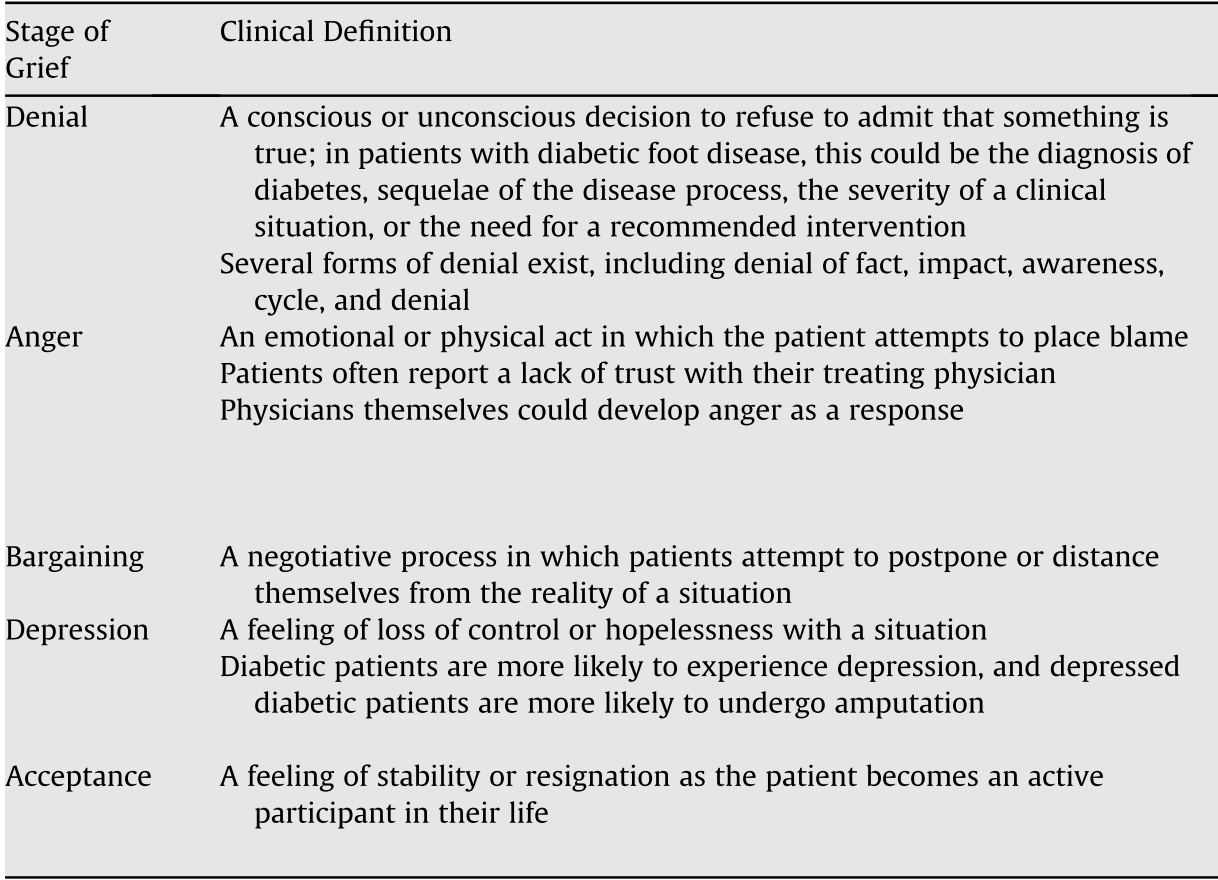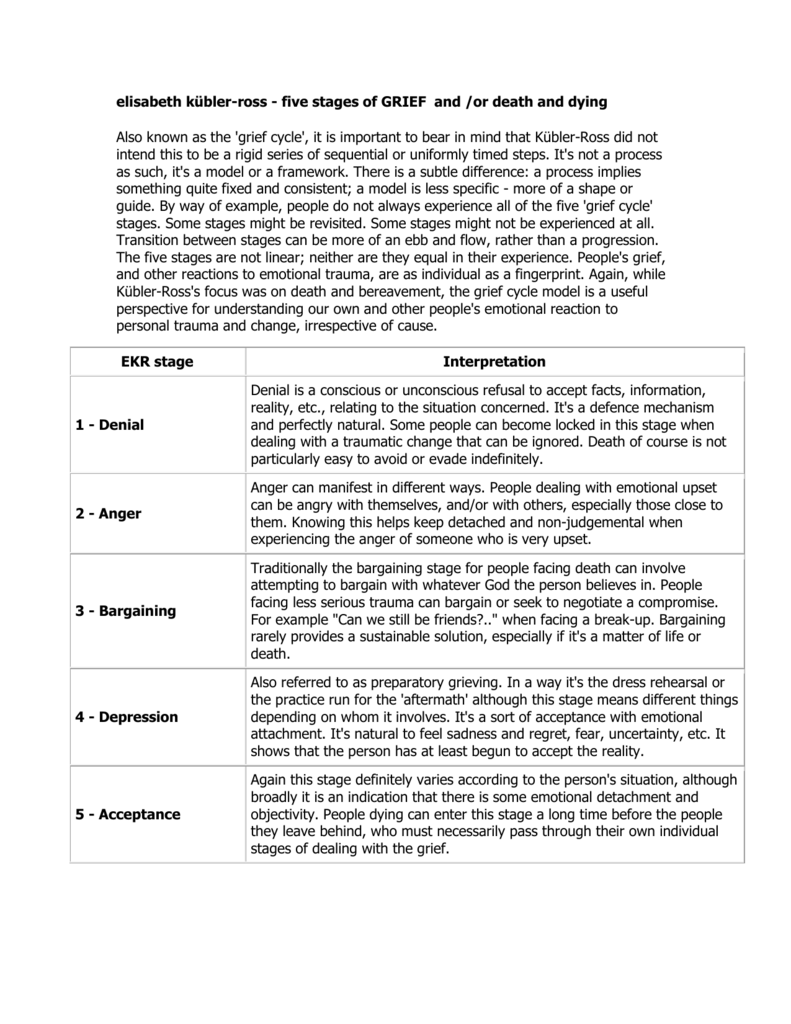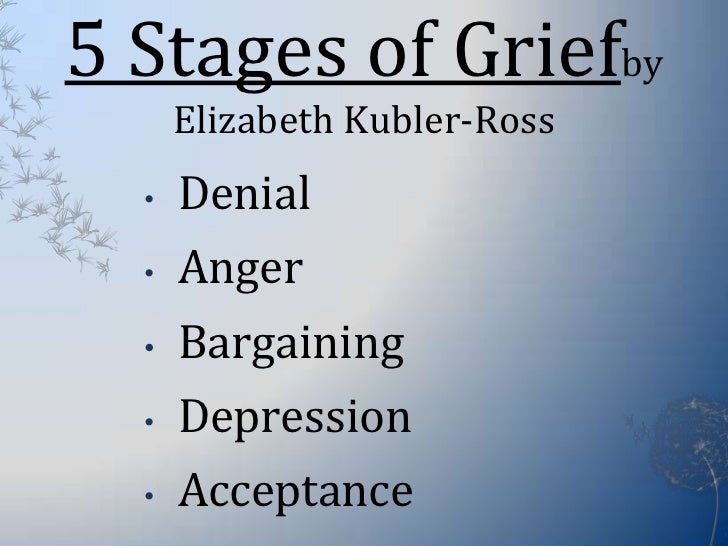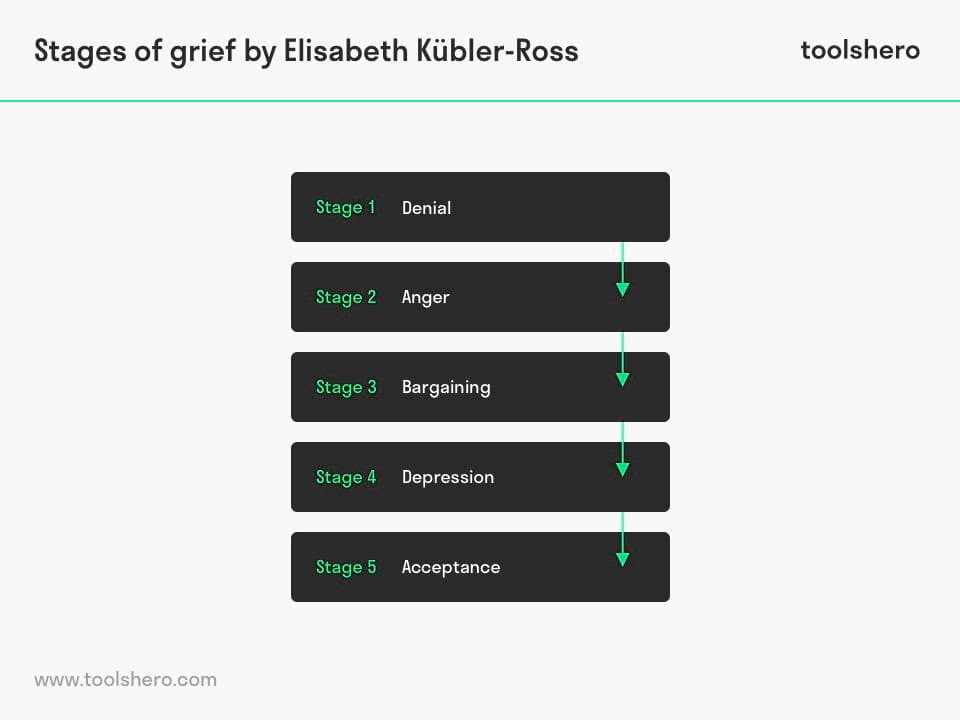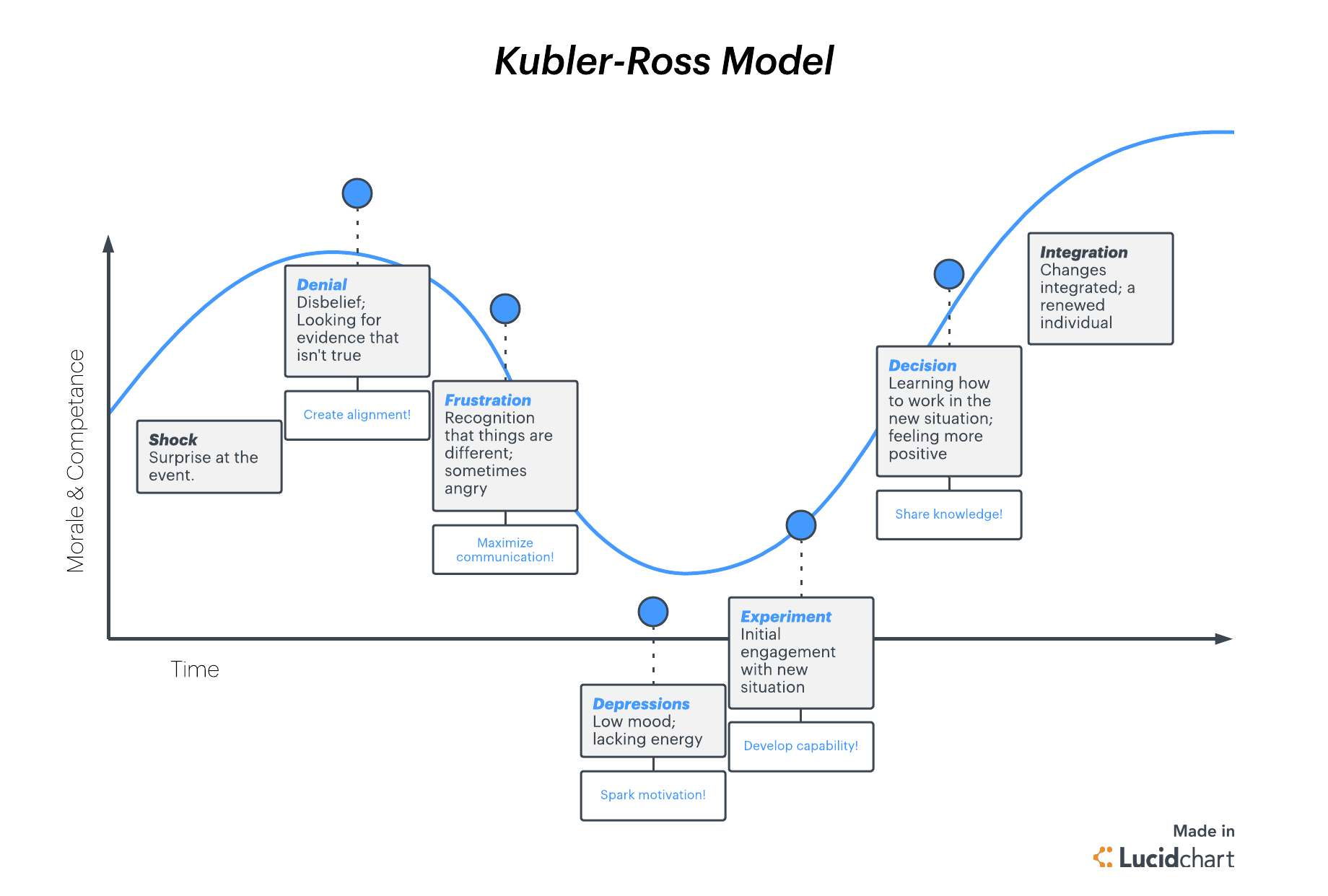Elisabeth Kubler Ross 5 Stages Of Grief
The book introduced the world to whats now commonly known as the five stages of grief.
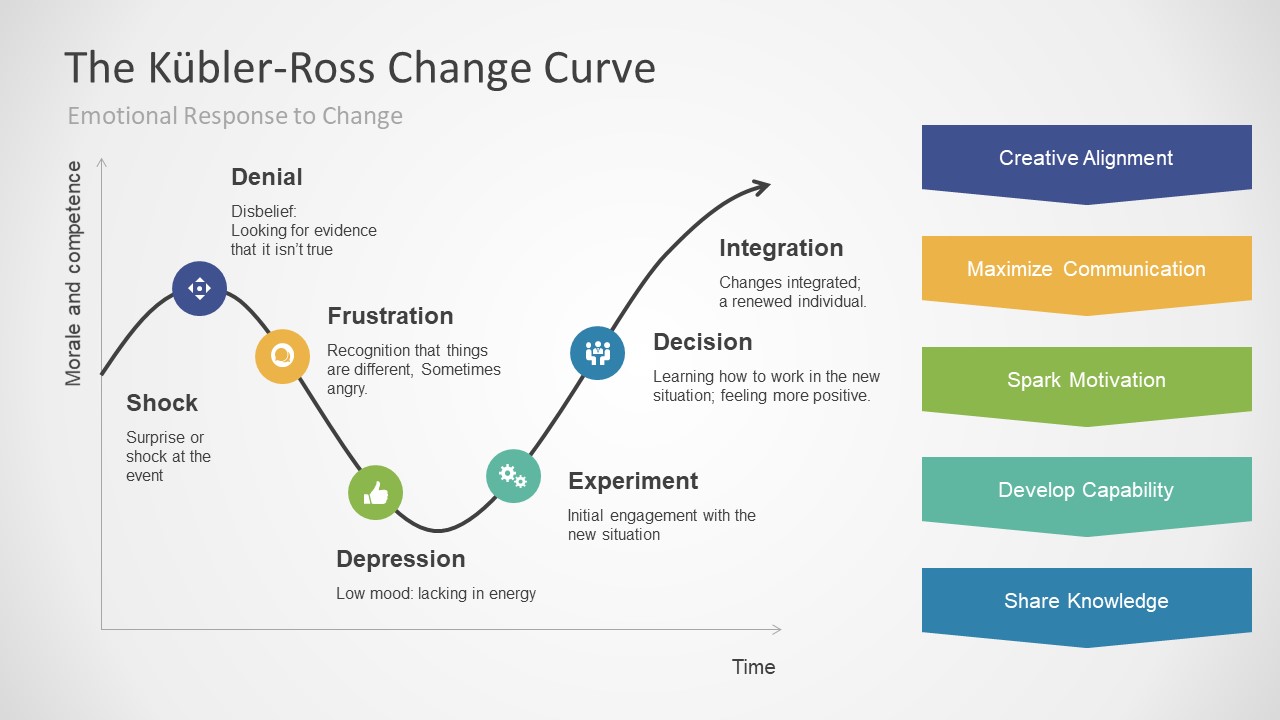
Elisabeth kubler ross 5 stages of grief. The five stages denial anger bargaining depression and acceptance are a part of the framework that makes up our learning to live with the one we lost. Denial anger bargaining depression acceptance. But they are not stops on some linear timeline in grief. 24 2004 wrote the 1969 best seller on death and dying.
Denial anger bargaining depression and acceptance. Elisabeth kuebler ross and the five stages of grief excerpt taken from dr. Elisabeth kuebler rosss seminal book was on death dying published in 1969 in which she explained her now classically regarded five stages of grief. Central to kubler rosss stages is the notion that grief is a process that eventually leads to acceptance her last stage.
Denial anger bargaining depression and finally acceptance. The 5 stages of grief a theory developed by psychiatrist elisabeth kuebler ross suggests that we go through five distinct stages of grief after the loss of a loved one. The ultimate goal is acceptance in which a non directive attitude supportive plays an important role. Kuebler ross and her patients about reactions to the impending death are as fresh and insightful today as they.
The book and its ideas were quite revolutionary at the time reflecting kuebler rosss outspoken and bold approach which is paradoxical given the sensitivity and compassion of her concepts. The 5 stages of grief was a model originally designed by elizabeth kubler ross to describe the process a patient goes through when informed of their terminal prognosis. Elisabeth kuebler ross s stages of grief theory was primarily used for coping with grief but is still used today for understanding change reaction in large organizational changes. From wikipedia the free encyclopedia the kuebler ross model or the five stages of grief postulates a series of emotions experienced by terminally ill patients prior to death or people who have lost a loved one wherein the five stages are.
Although most people never. First published in 1969 its descriptions of exchanges between dr. They are tools to help us frame and identify what we may be feeling.


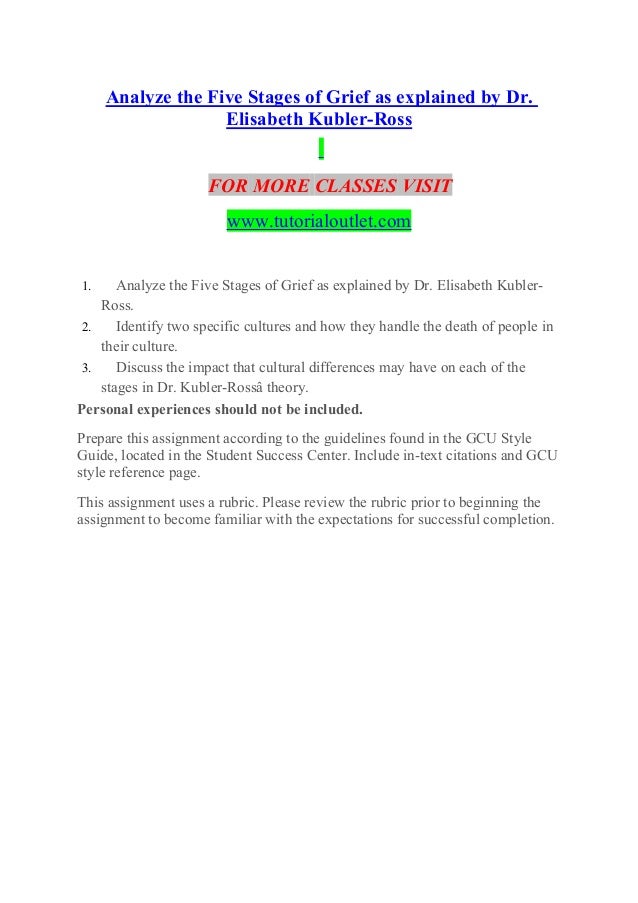


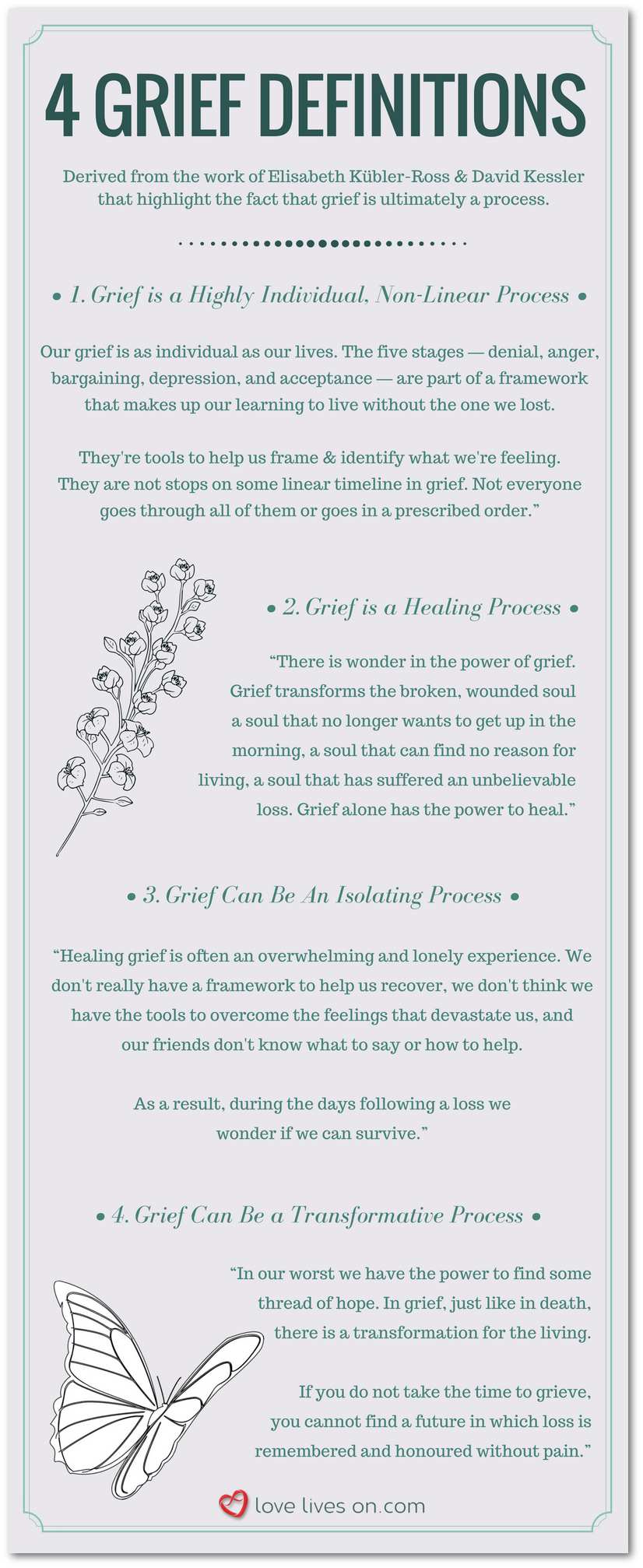



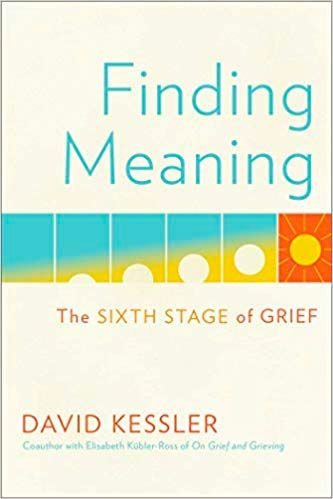






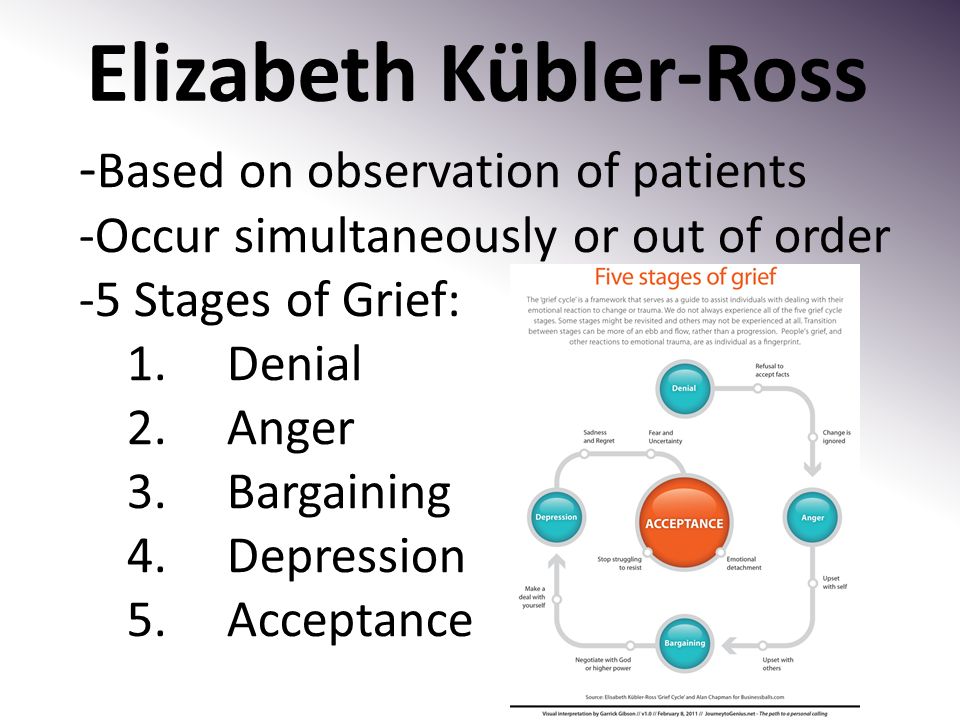
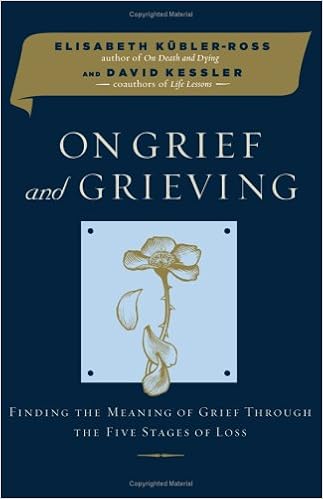

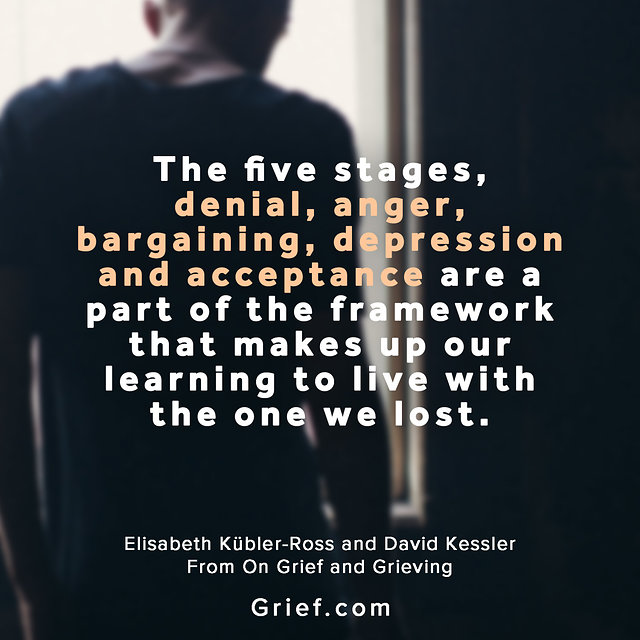


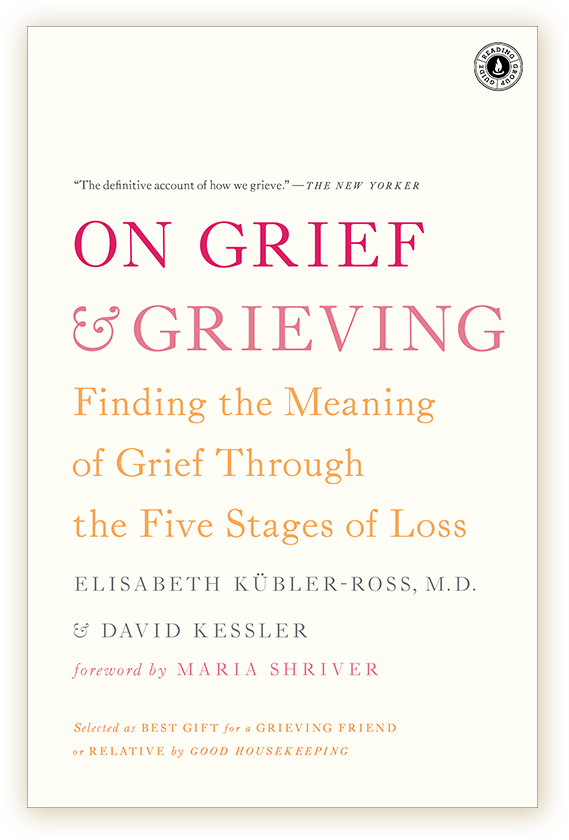

/4175361_color1-5c3b9069c9e77c0001c6c85f.png)

